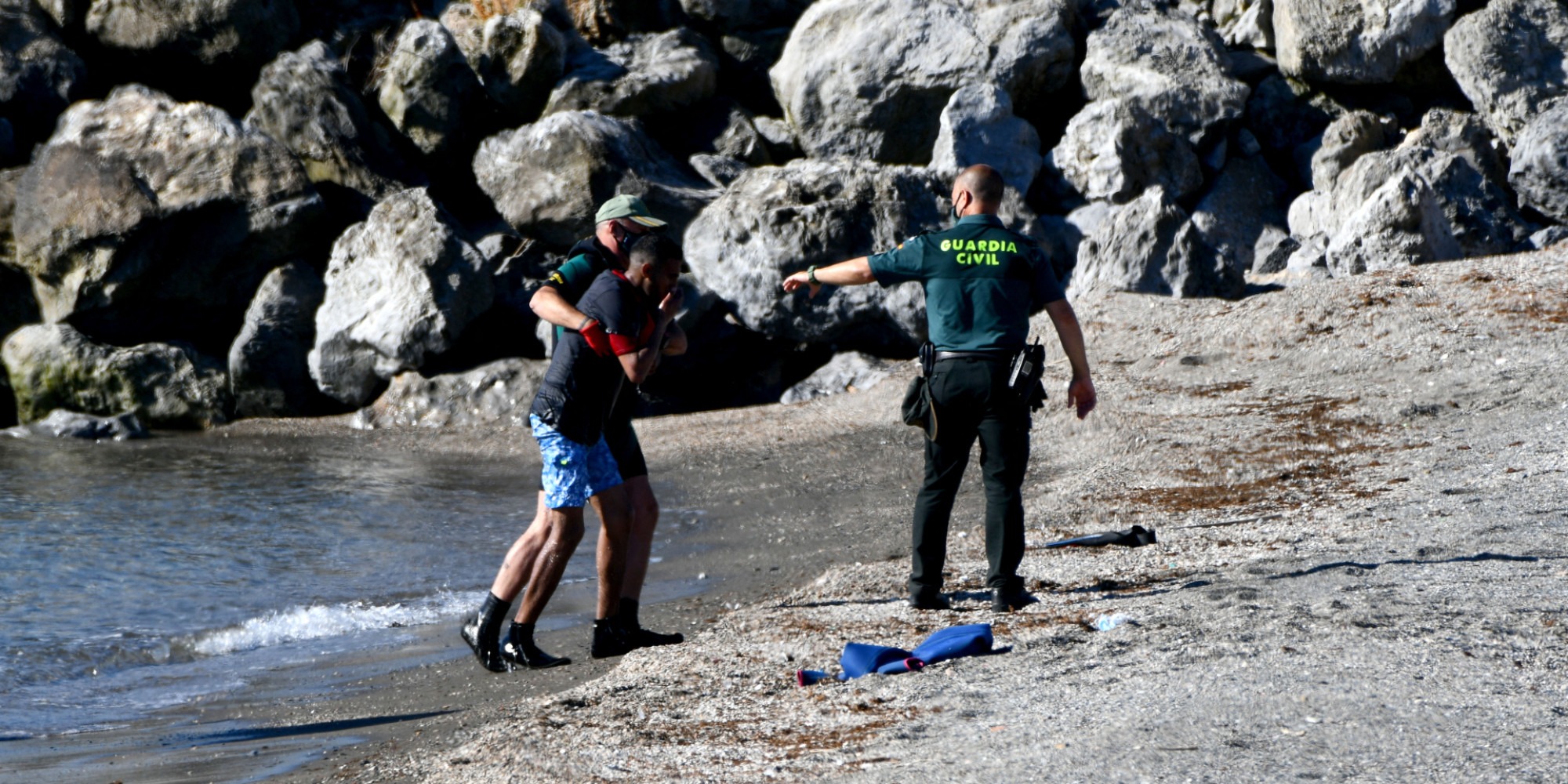Guest of "Europe Soir week-end", the Minister of Foreign Affairs of Morocco, Nasser Bourita, returned to the migration crisis in the Spanish enclave of Ceuta.
For the member of the government, these events were born first "of a political crisis between two partners".
A crisis for which Spain is responsible, says the minister.
INTERVIEW
A migration crisis against a backdrop of diplomatic tensions.
Since Monday, around 8,000 people, an unprecedented figure, have joined Ceuta, a Spanish enclave located in Africa, taking advantage of a relaxation of border controls on the Moroccan side.
A decision taken by Rabat in retaliation to Spain, which hosted Brahim Ghali at the end of April at the Rioja hospital under a false name, the leader of the Saharawi separatists of the Polisario Front and sworn enemy of Morocco.
This movement defends, arms in hand, the self-determination of Western Sahara, a territory controlled largely by Rabat, but whose sovereignty is contested.
"Good neighborliness is not a one-way street"
Perceived by Madrid as an "aggression" and a migratory "blackmail", the Moroccan maneuver is not, however, one for the Moroccan Minister of Foreign Affairs, Nasser Bourita. "For me, it is first and foremost a migratory crisis born of a political crisis between two partners," he defends himself at the microphone of Europe 1. A crisis for which Spain is responsible, said the minister. "For four years, Morocco dismantled 8,000 human trafficking cells, 14,000 illegal migration attempts, including 80 in the city of Ceuta," said Nasser Bourita, eager to prove Moroccan good faith on the issue of protection European borders.
But "good neighborliness is not a one-way street," argues the politician.
"Morocco has no obligation to act, Morocco is not the concierge of Europe. It does so as a partner", with a partnership between Rabat and Brussels "based on the understanding of the interests of some and others ".
However, "one cannot scheme at night against a partner, and ask him the next day to be loyal", argues Nasser Bourita.
>> Find Europe evening weekend in podcast and in replay here
"Madrid has created a crisis and wants Europe to assume it"
"Spain did not consult the European Union before welcoming Brahim Ghali under a false name, Spain did not consult Morocco. Madrid has created a crisis and wants Europe to assume it" , continues the minister, implying that Spain is highlighting the migration crisis to deflect the problem.
And if Nasser Bourita assures that the Ceuta crisis does not change Moroccan relations with the European Union, he evokes a "problem of confidence" and a "hostile attitude" of his Spanish neighbor. As to how this crisis will end, the Moroccan Foreign Minister blames Spain: "It is up to them to find the solution." And to warn: "If Spain thinks that the crisis could be resolved by exfiltration, Mr. [Brahim Ghali, editor's note] by the same procedures, it is because they are looking for the rottenness, the aggravation of the crisis, or even breaking."

